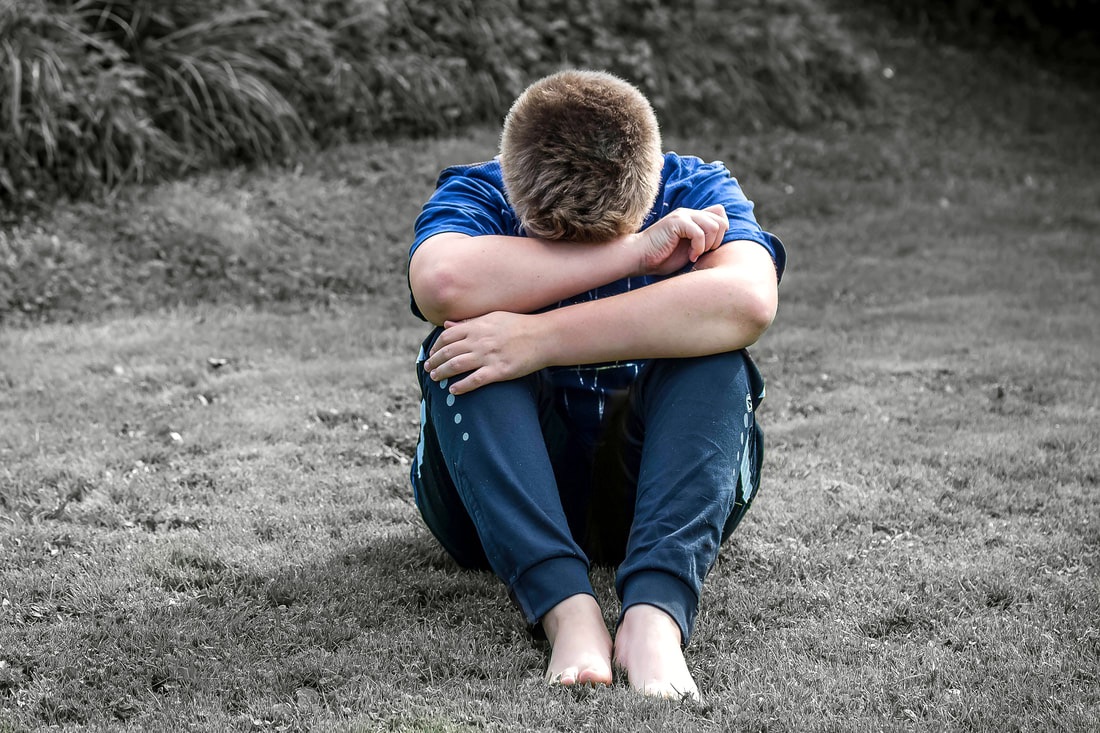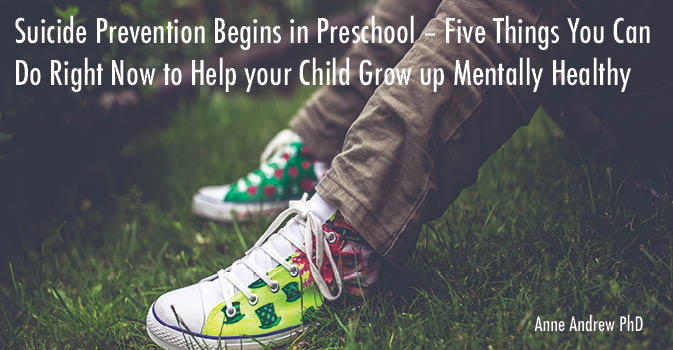|
By Anne Andrew PhD
Children develop negative beliefs about themselves between birth and age 6 or 7, which unchecked can lead to negative behaviors such as addiction, bullying and depression. These negative beliefs make up the person they think they are. How do negative beliefs get started? When I was four or five, I was on a summer holiday on the coast, with my mom and dad and my brother. This particular day, we were taken to the dock where there was a great big wooden galleon. I could hardly believe my luck that we were going to go on board and sail away! I held tightly onto my mom’s hand as we climbed the steep gangplank and the sailor at the top helped me jump down onto the deck. When all the passengers had assembled, the captain told us, “Welcome to the Hispaniola! We’ll be heading to Treasure Island, where there are gold coins buried somewhere beneath the sand.”
0 Comments
It’s both Canadian Thanksgiving and the Jewish thanksgiving festival of Sukkot this weekend, so it would be remiss of me not to mention the power of gratitude in raising happy children. In my opinion, the single most important thing that you can do to help children to grow up with a positive attitude is to have a gratitude habit as a family. Scientific studies have linked gratitude with happiness – it’s a defense against depression. If you don’t already have a family gratitude habit, Thanksgiving would be a great time to start. Here are a few suggestions:
 I know firsthand the heartache that comes with having a teenager who struggles with eating disorders and other self-harming behaviour. Helplessness combines with guilt and even shame. I was fortunate to discover how to be happy despite our circumstances, and learned that not only could I be happy, but by being happy I was helping my child. That’s why I must debunk the myth that we can only be as happy as our least happy child. This unfortunate concept condemns parents of unhappy children to life sentences of misery. It doesn’t have to be this way and what’s more, the unhappiness parents suffer contributes to the ongoing misery of their children... Can Self-Esteem be Too Easily Lost? - The Power of Inherent Worth (IW) to promote happiness.8/12/2017  There are shelves of books about the importance of a child’s self-esteem, but I want to point out a crucial difference between self-esteem and Inherent Worth. Our Inherent Worth is absolute. Our IW just is. It doesn’t depend on what we do or what we don’t do. It is non-negotiable - it just is. It is easy to see the truth of this when a baby is born. No one comes into the world any other way. We were all equally naked. It stands to reason then, that our worth is not established: What does Inherent Worth mean?
Inherent Worth is the idea that everyone has the same worth – infinite worth - by virtue of just being, regardless of race, religion, gender, health, status, wealth, peerage, class, ability, or any other external factor. Where does the idea of Inherent Worth come from? Inherent worth is based on the spiritual concept that we are What is a negative belief?
Sometimes called ‘limiting beliefs’ or ‘core beliefs’, negative beliefs are the conscious or subconscious notions that cause us to doubt our Inherent Worth. They feed the self-talk that tells us we are not good enough, that we don’t belong, that we are unlovable or that we are weak and powerless. They undermine our confidence and derail our happiness. They cause us to experience unpleasant feelings and they drive our behaviour. How do negative beliefs get started?  Perfectionists turn in homework written in perfect handwriting, no spelling mistakes and clearly hours have been spent in perfecting the product – no wonder parents and teachers love them! The problem is that perfectionism is usually driven by an underlying negative belief - that the perfectionist is worthless or unlovable. Perfectionism is an attempt to prove otherwise and gain the love and admiration that they feel is lacking. My daughter was a perfectionist in her last couple of years of elementary school and  Suicide is one of the leading causes of death in 15 to 34 year-olds and is three times more prevalent in boys than in girls. The root causes of mental health problems that can lead to suicide are established in early childhood. The good news is that there is a way to reverse the effects. The sooner you can start helping your child (and yourself) to fully understand that your worth is intrinsic the better. Typically, suicide prevention strategies focus on awareness of depression and on  I recently visited my grandmother’s bungalow ‘The Sycamores’ in Yorkshire for the first time in over forty years. The majestic sycamore trees that I remembered and loved as a child, were still there in the corner of the property. It was like having a touchstone to a former time and circumstance - their roots were my roots as well. I’ve chosen a tree theme for my website not only because I’ve always loved trees but
|
Author I know firsthand the emotional and financial costs of having a troubled teenager and I don’t want that to happen to you. That's why I wrote my book What They Don't Teach in Prenatal Class: The Key to Raising Trouble-Free Kids and Teens (available on Amazon). Archives
April 2022
Categories
All
|
get in touch
Email: anne@anneandrew.com Tel: (1) 604 720 2776
Sign Up to my newsletter
Get information and articles about how to raise happy, mentally-healthy, and addiction-free kids!



 RSS Feed
RSS Feed